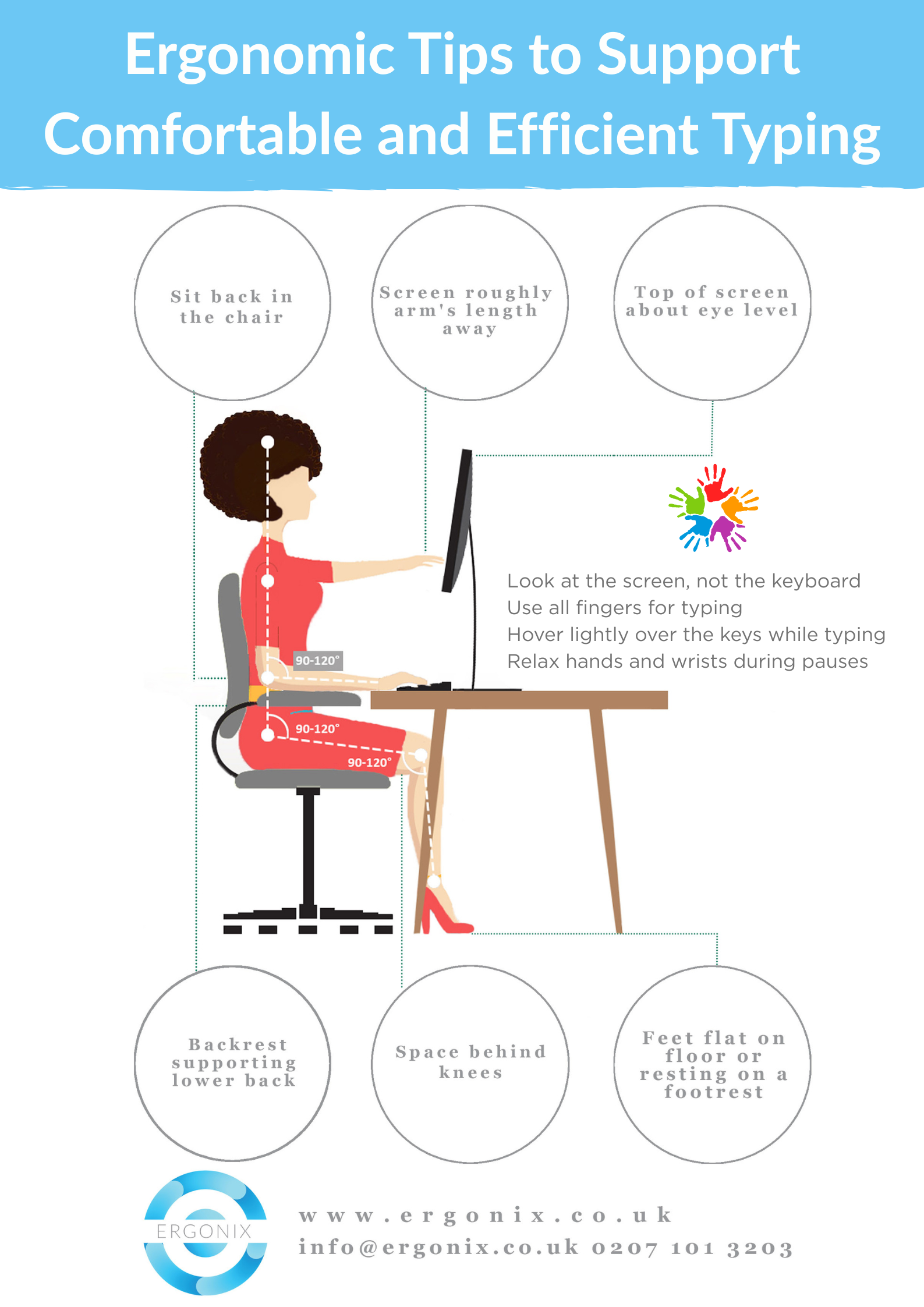 Menopause is a natural part of a woman’s life. But, despite this, it can have a huge impact, with symptoms often being life-changing. Some women are forced to leave their jobs because of a lack of knowledge and awareness about menopause. Employers need to do more to change this culture and make sure women get the support they need.
Menopause is a natural part of a woman’s life. But, despite this, it can have a huge impact, with symptoms often being life-changing. Some women are forced to leave their jobs because of a lack of knowledge and awareness about menopause. Employers need to do more to change this culture and make sure women get the support they need.
To mark World Menopause day on 18 October, we look at this in more detail, as well as offer advice about things that can be done to help alleviate the symptoms naturally.
What exactly is menopause?
Menopause is the term used to describe the end of a woman’s menstrual cycle, meaning you can no longer get pregnant naturally. According to the NHS, menopause “usually occurs between 45 and 55 years of age, as a woman’s estrogen levels decline. In the UK, the average age for a woman to reach menopause is 51.”
Perimenopause is the term given to the first stage in the process when the body starts to make the natural transition into menopause and can start eight to ten years before menopause itself. The stage after menopause is referred to as postmenopause, which is when a woman hasn’t had a period for 12 months.
What are the symptoms of menopause?
Menopause can affect every woman differently. Some may go through life with little to no symptoms at all, whereas for others it can be severe. The effects of menopause can be both physical and psychological. The main symptoms:
- Hot flushes and/or night sweats
- Disturbed sleep/insomnia
- Physiological issues such as mood swings, anxiety and/or depression, panic attacks, low confidence, and loss of concentration
- Muscle and joint aches and stiffness
- Headaches
- Weight gain
- Reduced sex drive
If you’re in employment and going through menopause, some of the symptoms mentioned above, such as loss of concentration, anxiety and lack of sleep, can have an extremely negative effect on your work life. They have the potential to limit your ability and even your desire to do your job effectively and efficiently. In extreme cases, women can be forced to leave their job altogether.
In fact, a recent study carried out by menopause expert, Dr Louise Newson, who runs the not-for-profit Newson Health Research and Education, found that 99 per cent of women felt their perimenopausal or menopausal symptoms had a negative impact on their careers, with more than a third describing the impact as significant.
Around 59 per cent had to take sickness absence due to symptoms and reasons for taking time off included reduced efficiency (45 per cent), poor quality of work (26 per cent) and poor concentration (seven per cent).
Of women who were given a sick note, only five per cent said menopause was the reason stated, while anxiety and stress were attributed to more than a third. The majority of women surveyed (60 per cent) also said they were offered no menopause support by their employers.
This is why, therefore, it’s vital that employers have systems in place to support menopausal employees and ensure their symptoms are taken into consideration, as well as overall awareness raising of menopause across all employees.
So what can you do as an employer or a fellow employee to support women in the workplace through menopause?
The Chartered Institute of Personnel and Development (CIPD), which is the association for human resource management professionals, states that “employers should support people with menopausal symptoms in the same way as they would any other health condition.”
The right support can transform the working lives of menopausal women and can, in turn, decrease sickness absence and improve performance and productivity in the workplace. Employers should consider doing the following to provide greater support to employees going through menopause:
Break the stigma around menopause at work – create a positive and open culture around menopause so that employees know their employer is supportive of the issue. Use tools such as leaflets, the intranet and health promotion days, which could include inviting a professional to talk about menopause. This will help to break the stigma around this topic and help to make women feel more at ease about discussing it in the workplace.
Develop a framework around menopause support – even if your company already has solid policies in place, ensure it includes menopause, the challenges it can create, and the support that should be provided for those who need it. This will help you to understand the legal requirements when it comes to employees going through menopause and your role within that.
Carry out risk assessments – employers have a legal duty to carry out suitable assessments of the workplace to determine any health and safety risks to employees. This includes women who are experiencing menopausal symptoms and should involve making reasonable changes to the work environment in order to alleviate or provide support with these symptoms. Changes could include temperature, for example providing a fan or moving a desk closer to a window, or ensuring easy access to toilet facilities and cold water. Working hours should also be considered and flexible working introduced if needed.
Be supportive of these changes – make sure you are encouraging any adjustments made following the risk assessments. As a manager, your role is to support employees who are suffering from a health condition and menopause is no different. By creating a support network for women in this situation, you are likely to increase employee loyalty and overall productivity in the workplace.
If you are suffering from menopausal symptoms yourself, there are also things you can do aside from medical intervention to help alleviate them. These include:
Eat well – make sure the food you eat is rich in vitamins and minerals that can help combat symptoms, such as Omega-3, protein, Vitamin D and calcium. It’s also important to drink plenty of water to stay hydrated.
Exercise regularly – exercise is proven to decrease stress and anxiety, as well as boost your mood and improve your overall health and well-being. This could include brisk walking, swimming and dancing. Regular weight training can also help to increase bone strength, which can be weakened as a result of the drop in estrogen experienced during menopause.
Strengthen your pelvic floor – a decrease in estrogen can cause pelvic floor muscle atrophy (wasting) and can decrease control of urinary function. Strengthening your pelvic floor can improve bladder and bowel control and reduce the risk of incontinence. You should discuss exercises with a women’s health specialist to determine which exercises will work best for you.
Talk – talking can be one of the best therapies to help combat some of the psychological symptoms experienced during menopause. Talk to friends and family or even a counsellor about what you are going through to help them understand so you don’t feel as though you need to hide your symptoms. This, in turn, will also help to break the stigma and encourage others to share their experiences.
Track your symptoms – keeping track of your symptoms may help you to identify triggers and things you can do to help or prevent them.
Whilst menopause is a normal experience for women, it’s vital that the right frameworks are in place within the workplace, so people are supported in the appropriate way. This will help to create a culture of openness, reducing the stigma and ensuring that no woman feels forced to leave their job because of it.







